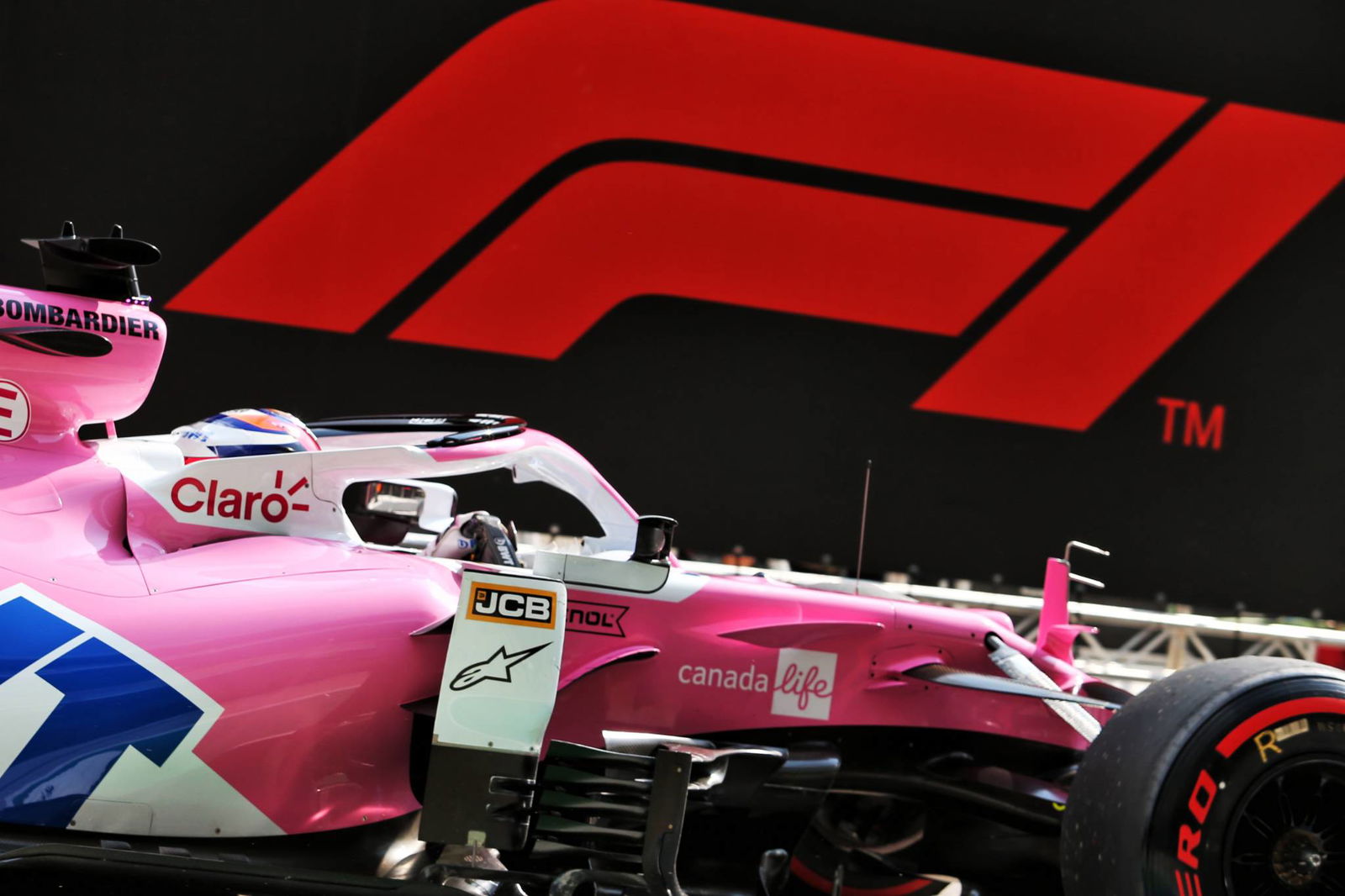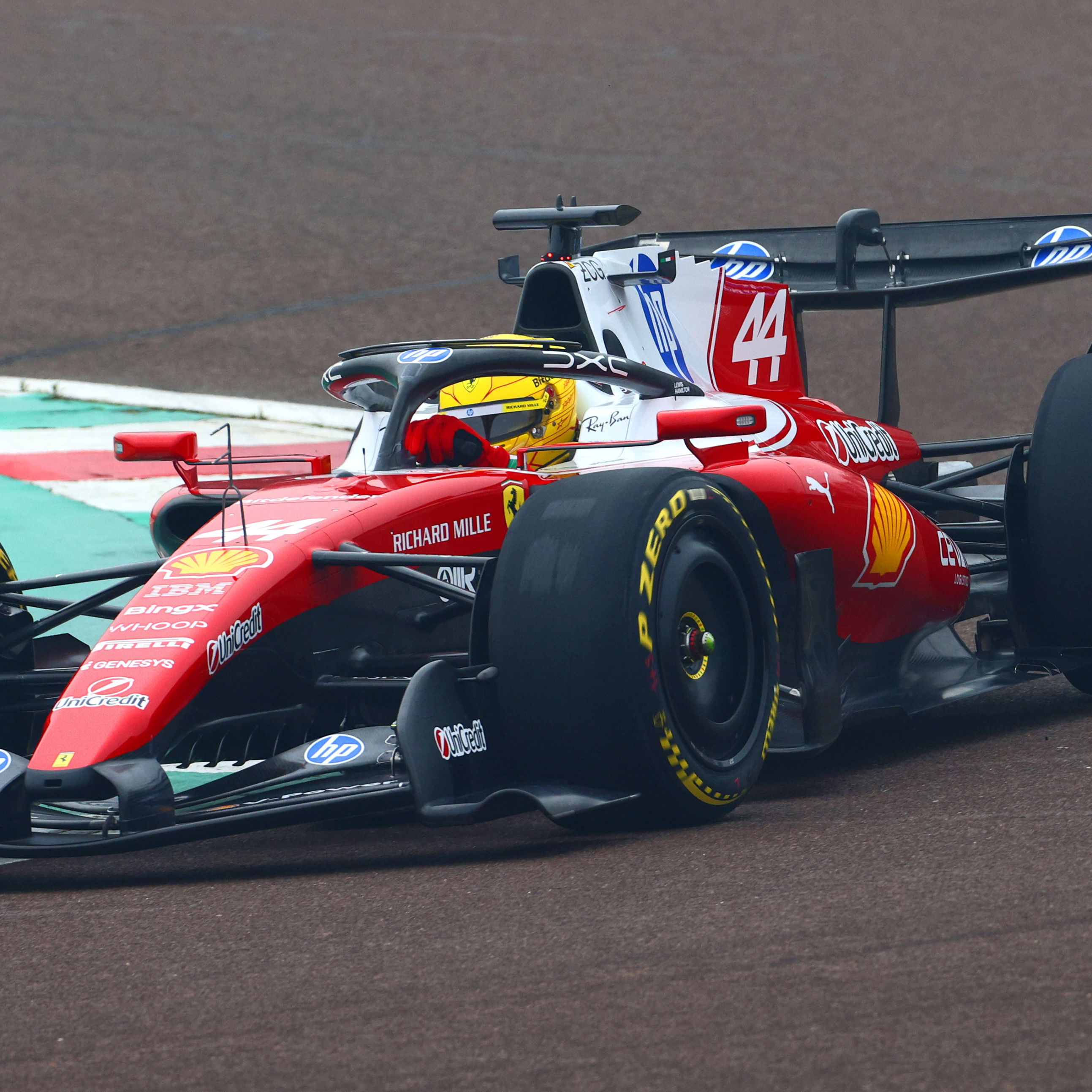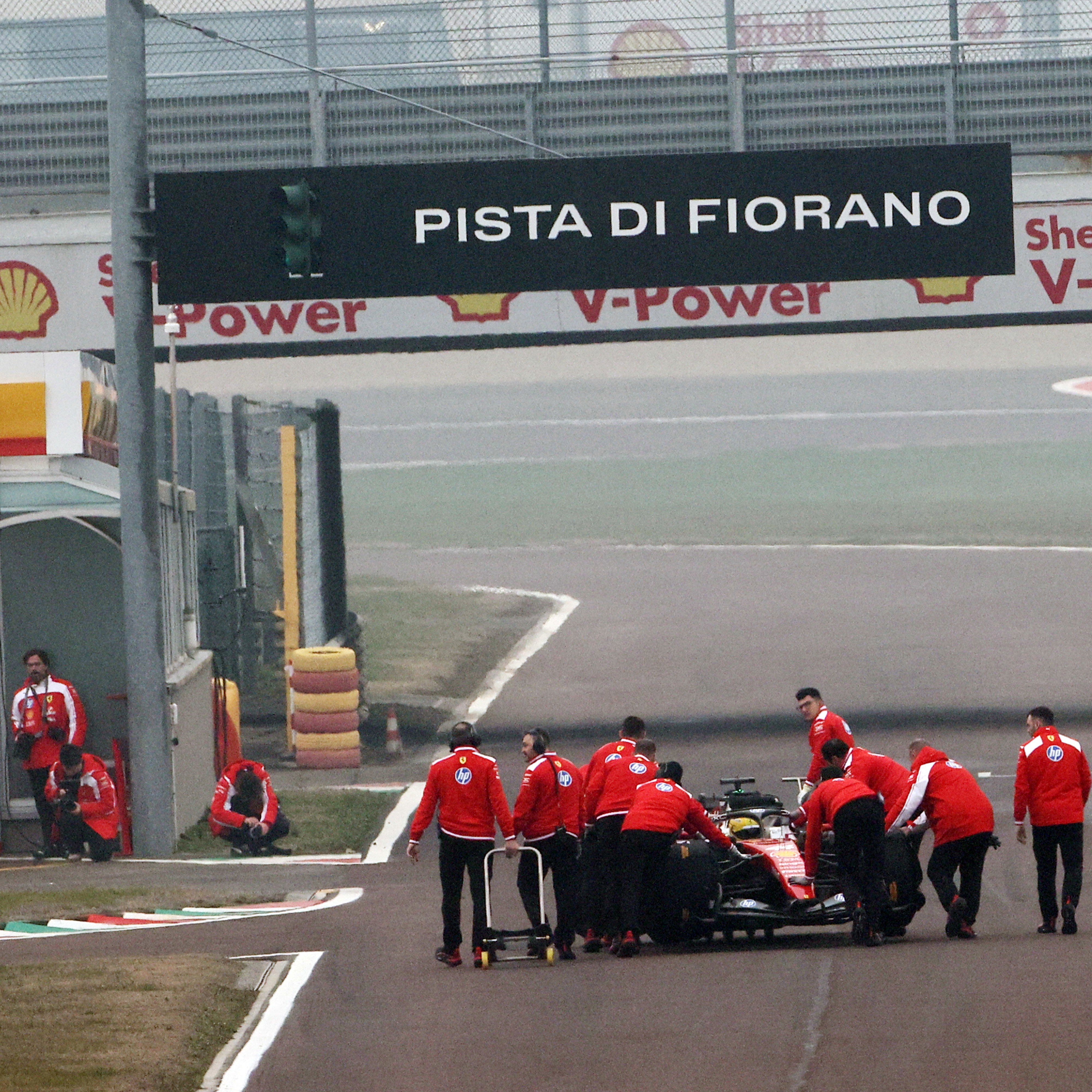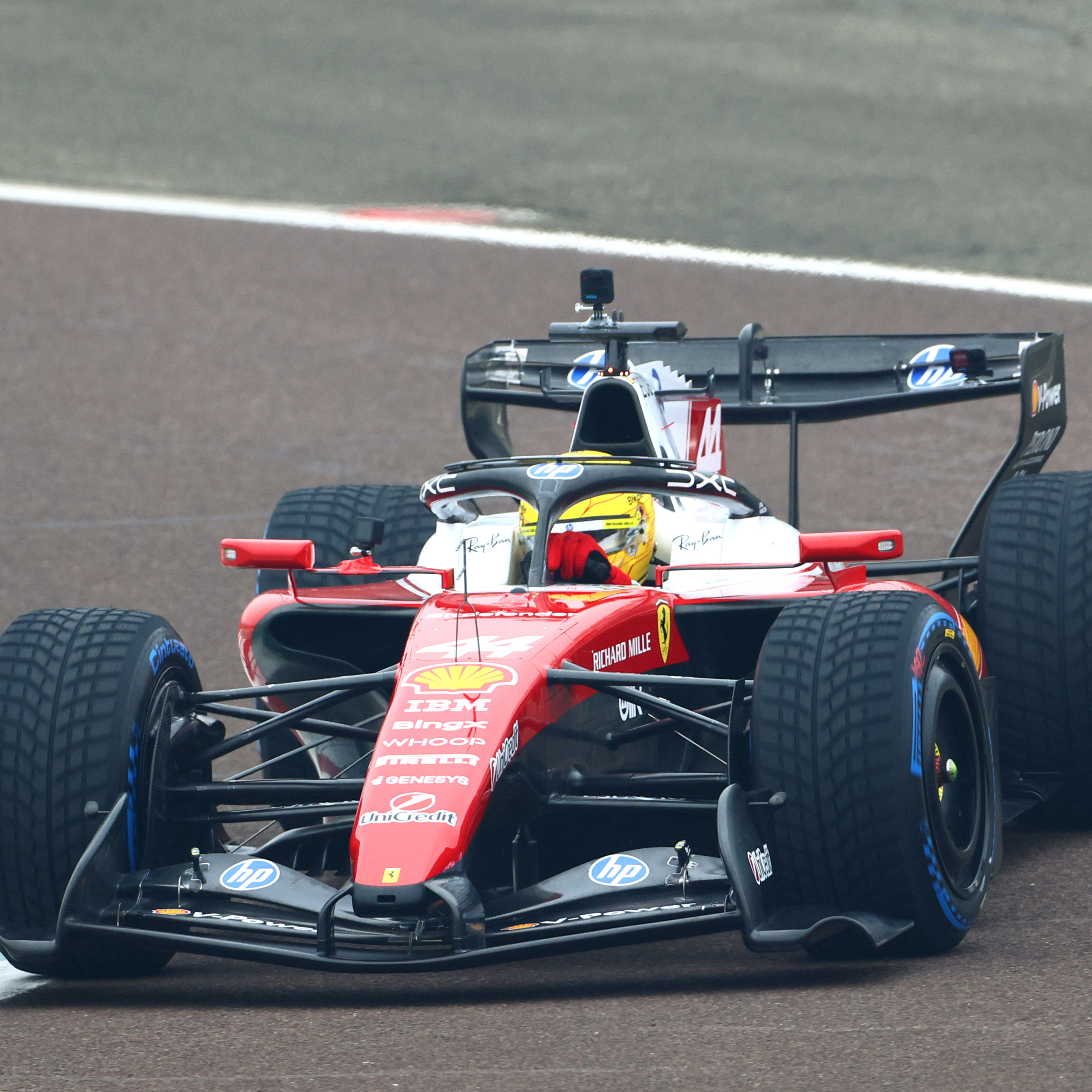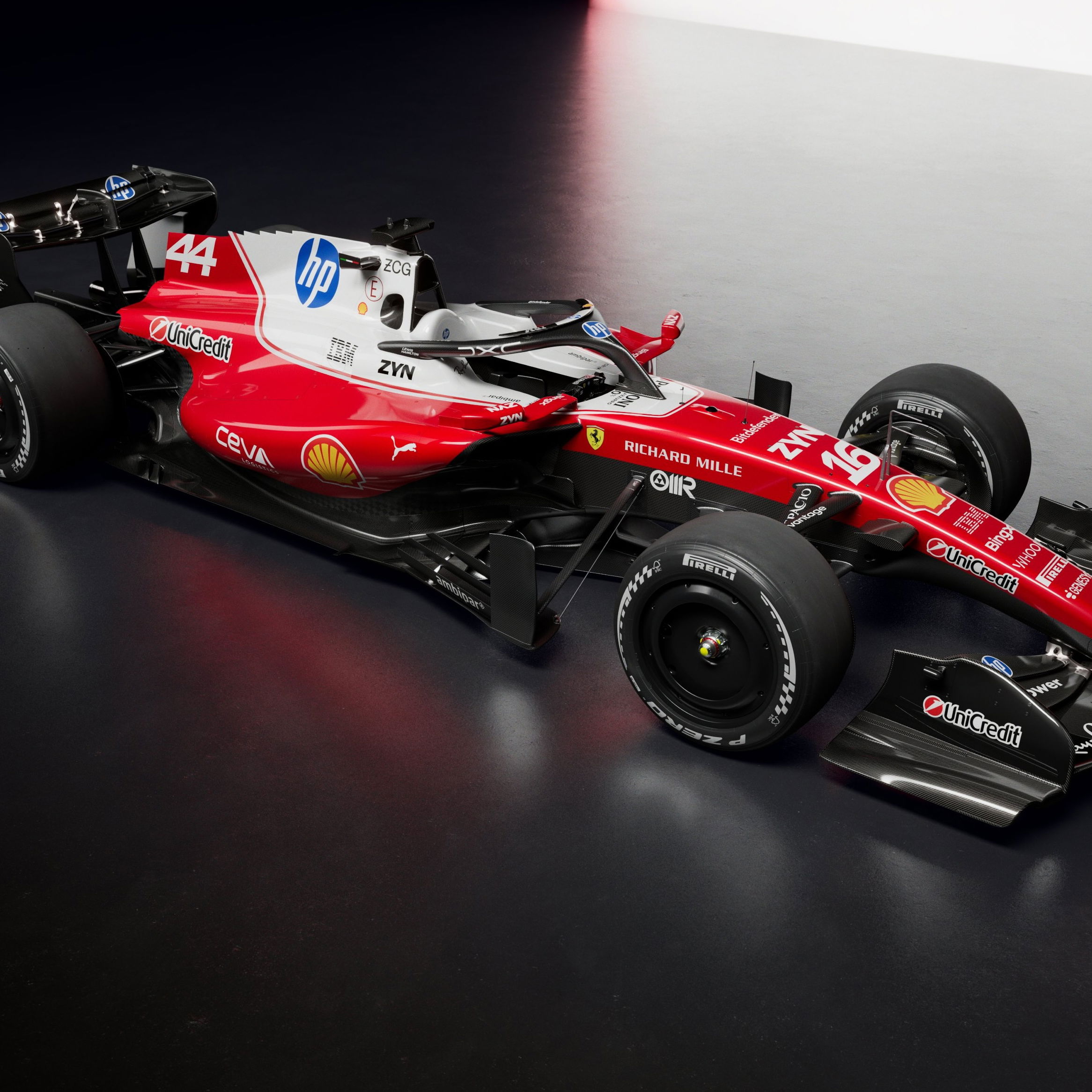“Dear Renault, so this is awkward but…” - What next for Red Bull as Honda exits?

While the news Honda will exit F1 at the conclusion of the 2021 F1 World Championship season won’t have come as a bombshell to anyone that has watched the manufacturer skip-rope their way in and out of the sport over the decades, for many the news still came as something of a shock.
Except for Red Bull that is, as we were informed when our original ‘shock’ terminology was called out by the team itself for being a bit much…
Surprise or not, the announcement still leaves Red Bull in an unenviable awkward situation over the next few months - one the famously headstrong outfit has had a tendency to create for itself - as it considers its options for returning to jostling for the best kit alongside a constructor.
Indeed, while Red Bull and Renault may have forged a hugely successful partnership during the V8 era, the two parties were reduced to trading barbs with one another in the concluding days of a V6 Hybrid collaboration that had developed at a glacial rate.
Even so, it did generate some juicy headlines as Red Bull and Renault directed their ire towards one another, but as soon as Renault returned as a constructor outright, the writing was always on the wall for their relationship.
Indifferent results between 2015 and 2017 in the back of the McLaren might have left Red Bull nervous initially about joining forces with Honda but when it became clear McLaren’s own poorly designed car shouldered a lot of the blame in retrospect too, both parties were much happier together.
Moreover, Honda was fully focused on Red Bull in their collaboration. Even the factories are across the road from one another in Milton Keynes, making this as good as Red Bull’s own works developed engine could get.
.jpg?width=1600)
Can Red Bull and Renault forgive, forget and make sweet, sweet power again?
However, after three seasons, Honda and Red Bull will bid sayonara/auf wiedersehn to one another. Unfortunately for Red Bull, its 2021 F1 options left over are, shall we say… not ideal.
It’s worth pointing out now that Red Bull won’t be left without an engine entirely though, as almost happened in 2016 when relations with Renault were collapsing.
Proposals to Ferrari and Mercedes were greeted with dismissal, prompting Bernie Ecclestone’s attempt at saving the day with his own-conceived customer Cosworth unit. That never took off though when Red Bull and Renault patched things up to become frenemies again.
Nonetheless, by this stage new regulations were passed to stipulate that any engine builder with the least customers is obligated to supply a team in need. Ironically, this means Red Bull and Renault could end up joining forces by default.
However, of the three suppliers, Renault probably remains Red Bull’s best chance of getting the attention its status as a race win contender demands. Indeed, while the French firm - which will compete as Alpine from 2021 - will have high hopes about its chances from 2022 onwards when the new regulations come into force, it will be down to just one team - itself - for 2020, so certainly has the capacity to add Red Bull and AlphaTauri to its roster again.
Not that we’d particularly like to be at the negotiating table with Christian Horner and Cyril Abiteboul as they thrash out arguments to ensure parity.
.jpg?width=1600)
Will ‘too good to supply’ argument spook Mercedes again?
Indeed, Red Bull’s trouble is it’s just too damn good at F1.
As such, any existing supply potentially strengthens a key rival, which explains why Mercedes was a big fat NO in red sharpie when the Austrian team made queries in 2016. It’s a position that is unlikely to change since Red Bull’s chassis is often a match for Mercedes, so doesn’t need the best engine on the grid flattering it too.
The same applies to Ferrari too essentially, though you’d be hard pressed to notice in 2020… With engine regs frozen for 2021 as well, next year threatens to be another ponderous one for the out-of-form Italian marque.
With this in mind Red Bull might look at this as the perfect time to join forces with the bruised ego Ferrari, which should be working on ideas for its 2022 engine to avoid the problems of its ‘rule clarified’ engine.
Then again, supplying Red Bull and AlphaTauri would mean Ferrari suddenly has five teams - along with Haas and Alfa Romeo - to keep sweet, which would be a stretch even for the wealthy manufacturer.
The solution here could be to split the supplies for the two teams and we can imagine an AlphaTauri-Mercedes might be an easier pill to swallow for the German marque if it’s feeling adventurous.
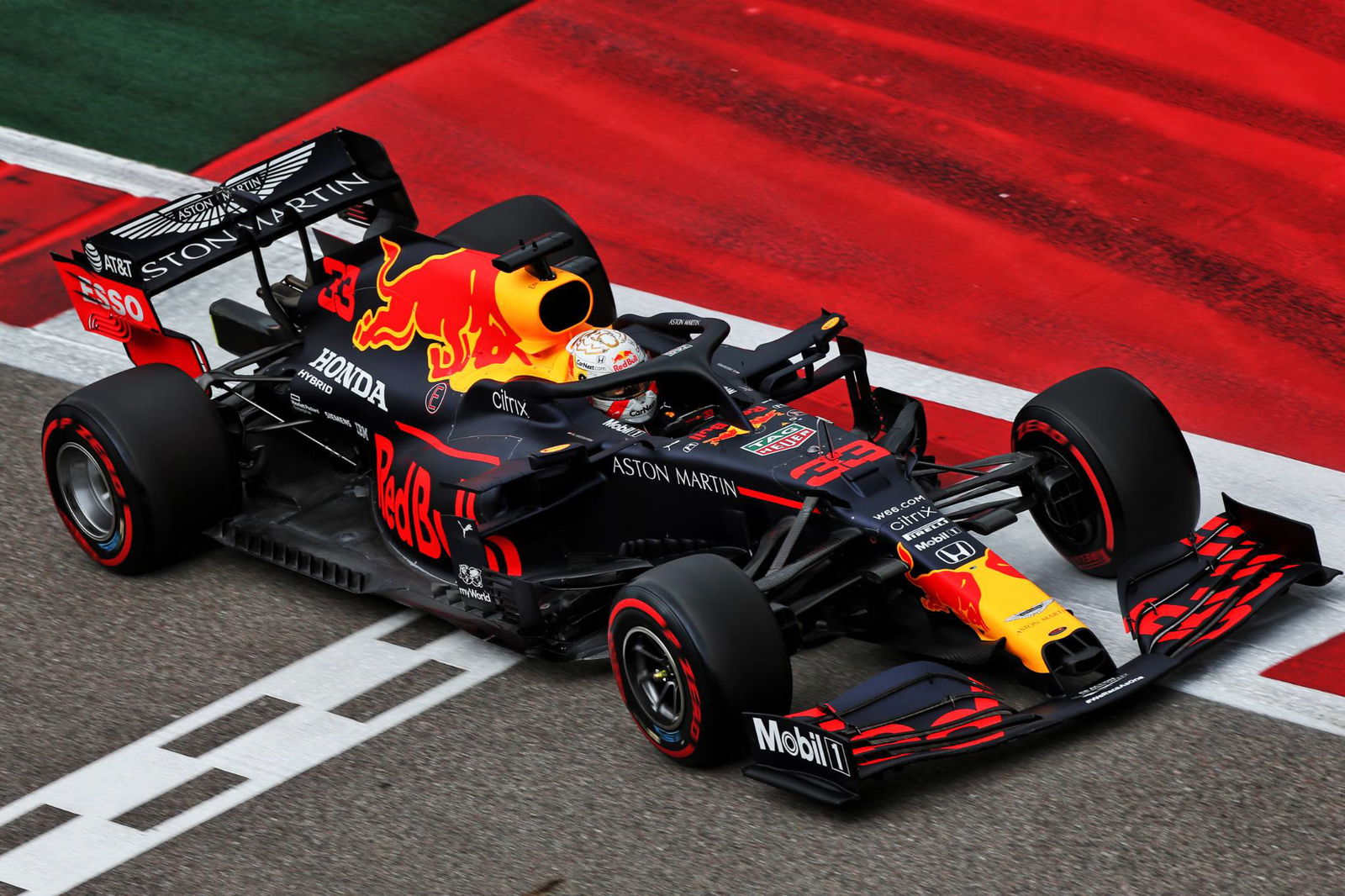
Could this be the time for a Red Bull engine?
Beyond the big three, Red Bull does have two other options but - right now - they seem longer shots given the relatively short time-frame available from a standing start.
There have long been murmurings about Red Bull going to the effort to develop its own engine over the years, but it’s never seriously looked into it.
That could potentially change now but it’s unlikely you’d see one arrive for 2022 or even 2023 since it would put huge stress on the team’s operations given how notoriously expensive and complicated the formula is.
Nevertheless, Red Bull has courted big manufacturer names in the past - namely Volkswagen pre-Dieselgate - and while a huge marque like that is probably off the table now, a more niche sportscar firm, say Bugatti, Bentley or Lamborghini might seem appealing.
Finally, there is out-sourcing the entire project to a privateer firm… well, one firm to be precise; Cosworth. The British engineering team has been ubiquitous in motorsport over the decades, not least in F1 when it raced right up to the end of 2013. However, it hasn’t focused on F1 for a while and its latter seasons powering the likes of Marussia, HRT and Williams didn’t exactly yield eye catching results.
So Renault, Mercedes or Ferrari it is then… Horner had better get his best chat-up lines ready because he has some serious wooing to do over the next 12 months.
